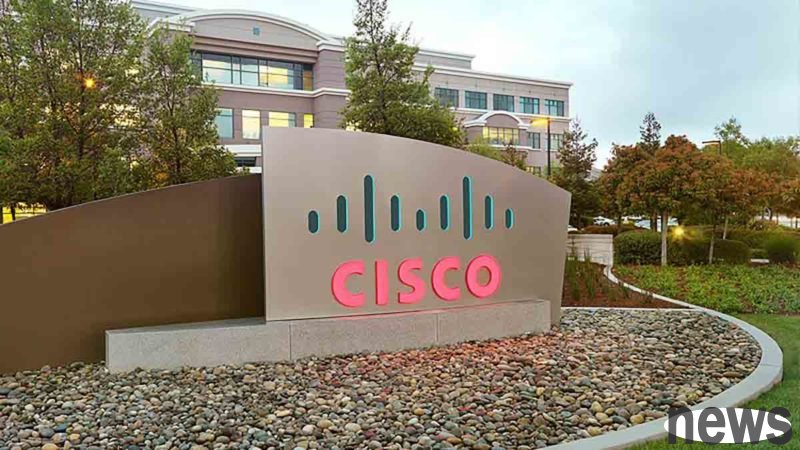Cisco, the global network communications giant, is actively developing the Industrial Internet of Things (Industrial IoT), focusing on providing enabling technologies such as networking, security and computing, rather than competing for hardware man...

Cisco, the global network communications giant, is actively developing the Industrial Internet of Things (Industrial IoT), focusing on providing enabling technologies such as networking, security and computing, rather than competing for hardware manufacturing. Cisco executives pointed out that they will not develop industrial robots, but look forward to in-depth cooperation with Taiwanese manufacturers to jointly create an industrial ecosystem in the era of artificial intelligence (AI).
According to the latest research from Counterpoint Research, the compound annual growth rate (CAGR) of global humanoid robot shipments from 2025 to 2030 will reach 69.7%. The growth momentum comes from application expansion, AI technology improvement and hardware cost reduction. As humanoid robots and self-driving cars continue to evolve, the boundaries between AI and the physical world will further blur.
Vikas Butaney, senior vice president of Cisco and general manager of the Secure Routing and Industrial IoT Department, recently attended the Cisco Live Asia Pacific annual conference. When asked about the issues of physical AI (Physical AI) and robots that are of great concern to the market, Cisco drew a clear line.
In an interview with China Central News Agency, he pointed out that Cisco has been helping to connect robots for decades. Whether it is spot welding operations in automobile factories or body painting, Cisco's network deployment can be seen. However, Cisco's positioning has always been an "ecosystem player."
"Cisco will not develop industrial robots," Butani said firmly. "There are many market leaders in the industry who are doing this. Our responsibility is to enable the realization of these robot use cases through better networks, stronger security, and more advanced computing technology."
The specific approach of this strategy is to bring computing power to the location closest to the factory through technologies such as Cisco's Unified Edge platform and ensure secure connections in the industrial environment. Butani revealed that in the next 6 to 9 months, Cisco will release more AI applications of the unified edge platform in factory environments.
Talking about the AI application areas that manufacturing customers are most concerned about, Butani believes that customers generally adopt a pragmatic attitude and are eager to see actual use cases and solutions. He also pointed out the three most popular and influential AI applications in the current industrial environment.
The first is machine vision, which uses cameras with AI functions or external graphics processors (GPU) servers to conduct real-time quality monitoring of products to ensure consistent quality of finished products and to check for defects. It is widely used in industries such as automobiles and food packaging.
The second is virtualized PLC (Programmable Logic Controller, programmable logic controller), which virtualizes the PLC in the factory from physical hardware and centralizes it to the server room for operation to achieve the purpose of integrating workloads.
The third application is autonomous mobile robots (AMR) and automatic guided vehicles (AGV). Butani said that as mobile robots increase, Cisco provides stable Wi-Fi and network connectivity technology to ensure that these robots can move seamlessly through the factory.
Although some companies in Taiwan already have self-built AI platforms, cooperation with Cisco can help reduce costs, and Butani proactively extended an olive branch to Taiwanese companies.
"To deploy in an industrial environment, this is an ecosystem competition." Butani said that although he has not yet directly cooperated with Taiwanese companies, he is happy to negotiate. "We are very much looking forward to working with Taiwanese companies to develop use cases."
He said that Cisco is planning to copy the "Manufacturing Day" innovative technology demonstration event that was successfully held for the first time in India recently to other Asian markets, including South Korea and Japan, and is open to holding similar events in Taiwan, looking forward to taking this opportunity to expand the entire industrial ecosystem.